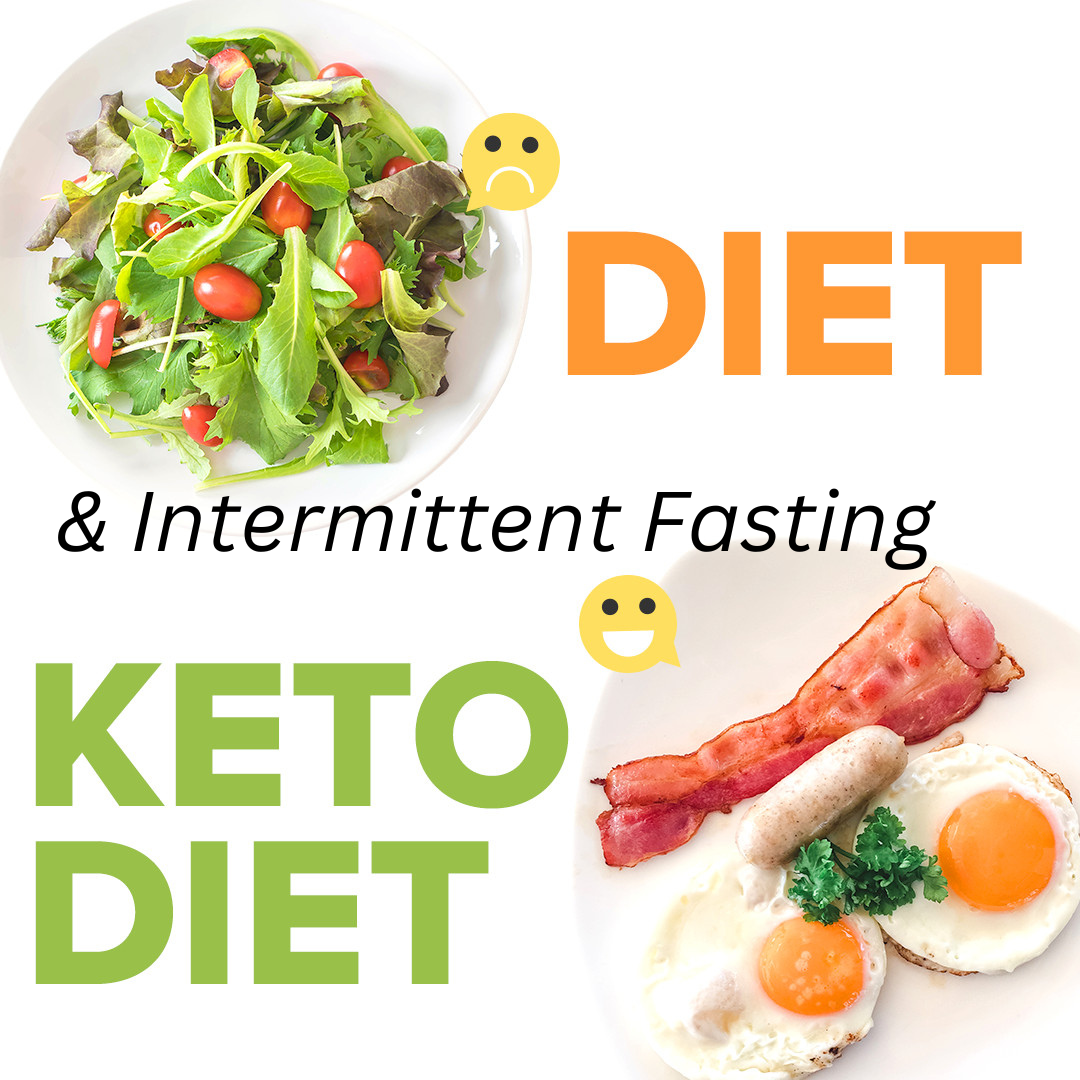There are many studies on different types of diets and also many types of time restricted eating including intermittent fasting. In this article, here’s a summary of those that included a specific diet type alongside the fasting period:
- Low-Carb/High-Fat Diets: Some studies have investigated the combined impact of a ketogenic diet, which is low in carbs and high in fats, with intermittent fasting, especially in the context of weight loss, metabolic health, and diabetes management.
- Plant-Based Diets: A few studies have explored the effects of combining intermittent fasting with plant-based diets, especially in relation to cardiovascular health, weight management, and inflammation.
- Mediterranean Diet: Some research has investigated the combined effects of intermittent fasting and adherence to a Mediterranean diet, a dietary pattern rich in fruits, vegetables, whole grains, olive oil, and lean proteins. These studies typically focus on weight management, metabolic health, and cardiovascular outcomes.
- Calorie-Restricted Diets: Certain studies used a calorie-restricted diet as part of the intermittent fasting protocol, particularly in the context of the 5:2 diet. On fasting days, calorie intake would be significantly reduced, but not completely eliminated.
- High-Protein Diets: A few studies combined intermittent fasting with high-protein diets, mainly to study the impact on muscle mass and weight loss.
- Standard Balanced Diet: Several studies used intermittent fasting in conjunction with a standard balanced diet, often using this as a control to isolate the impact of the fasting protocol itself.
Please note that the specific results, benefits, or drawbacks of combining these diet types with intermittent fasting can vary based on multiple factors, including the study’s design, participant characteristics, duration, compliance, and so on. Therefore, it is always advisable to consult with a healthcare professional before starting any new diet or fasting regimen.











